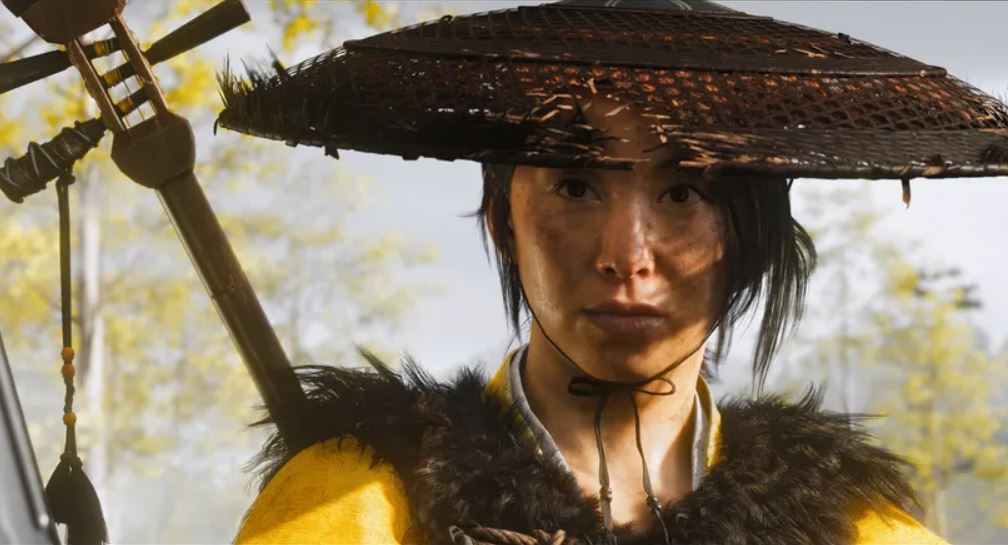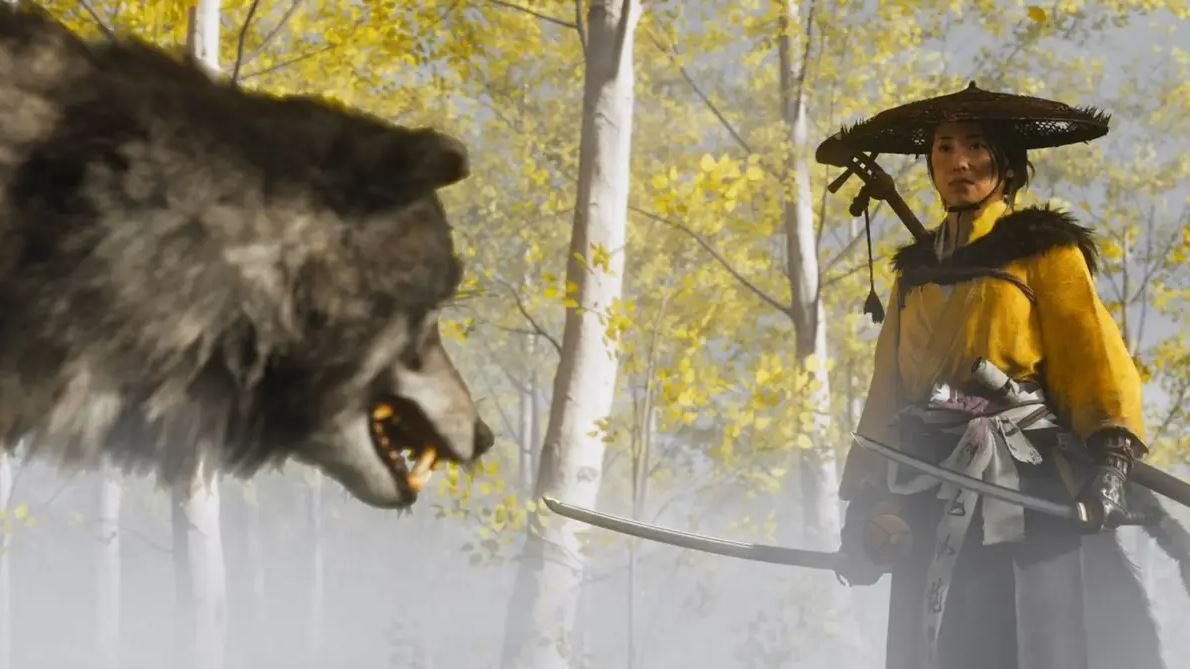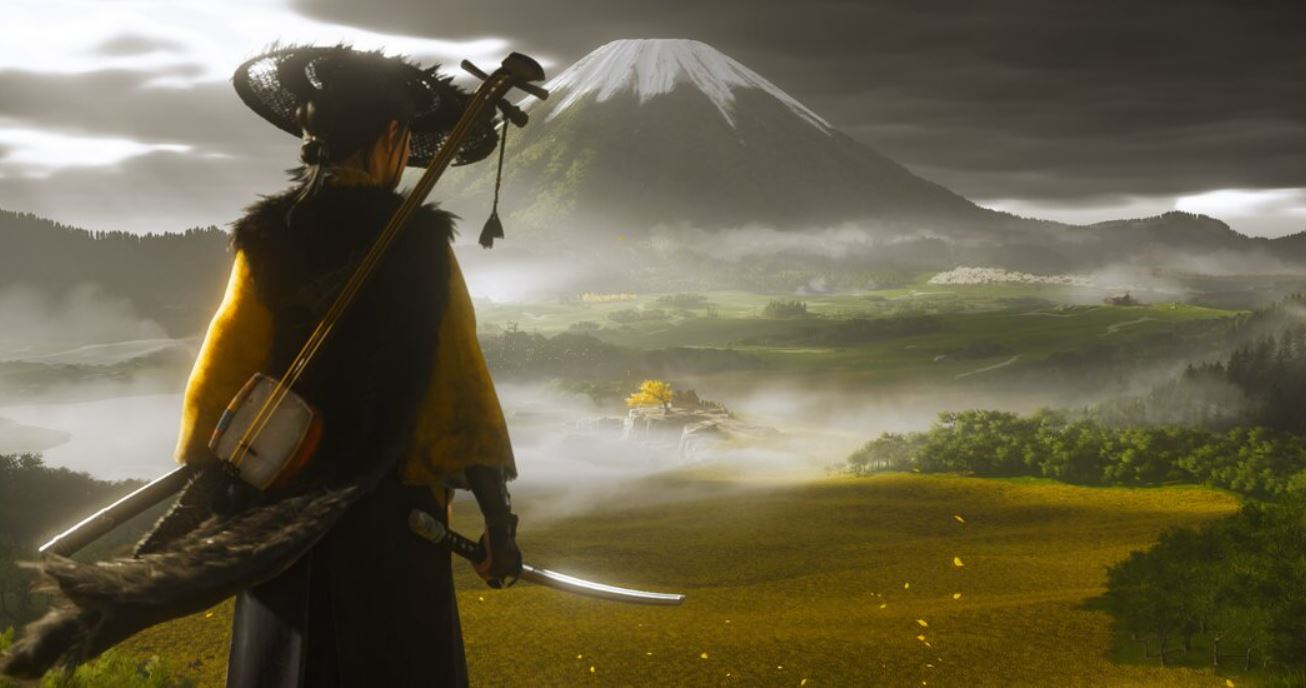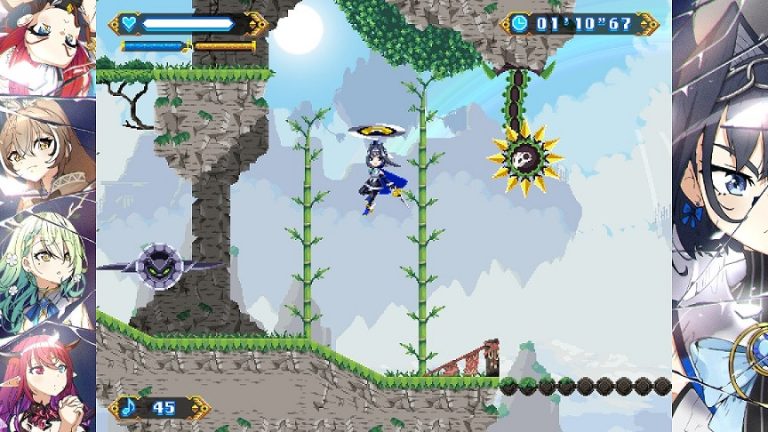Sucker Punch and Sony just announced Ghost of Yotei, a sequel to Ghost of Tsushima that’s slated to launch sometime in 2025. The new title takes place in 1603 – 300 years after the events of the first game, in Japan’s northern Hokkaido region.
The story of the brand-new protagonist Atsu is set in the lands surrounding the titular Mount Yotei – a mountain that exists in real-life Japan. Commenting the game’s concept, Sucker Punch says, “we looked beyond Jin Sakai’s story and the island of Tsushima and shifted our focus to the idea of the Ghost instead.”
This idea of the Ghost, and the way the game title “Ghost of Yotei” encapsulates it, caught the attention of Itsuji Tangiku, a Japanese scholar of Ainu culture and language. (For context, the Ainu are an indigenous ethnic group from Japan’s northern regions, including Hokkaido.)
Commenting the upcoming Ghost of Yotei, Tangiku notes, “The fact that Ghost of Yotei is set in Hokkaido, Japan in 1603 is amazing. It encompasses the meaning of “ghost” in many ways. It has to be intentional.” He goes on to explain that Mount Yotei was in fact not called “Yotei” in the year 1603. The mountain was originally called Machineshiri by the Ainu people, but the Japanese started calling it Mount Shiribeshi from the Meiji period (1868–1912) onwards. The name “Yotei” was later derived from “Shiribeshi,” making its use in Ghost of Tsushima’s sequel very anachronistic. Believing this to be an intentional decision by the developers, Itsuji comments that “in the year 1603, ‘Mount Yotei’ is very much a ghost toponym.”

The scholar also weighs in on the significance of the year 1603 itself in the context of Japanese and Ainu history. According to Itsuji, 1603 was the year before the government of Edo period Japan gave a single aristocratic family, called the Matsumae clan, the exclusive right to trade with the Ainu people. This was a turning point when the Ainu people’s dominance in the Hokkaido region gradually started to crumble.
By 1603, the Ainu still had the upper hand over the Japanese, but starting from 1604, the Matsumae clan excluded other northern clans from trading with them and imposed themselves as the representatives of the Japanese people. Within 200 years, Hokkaido – the home of the Ainu, was completely transformed into a fishery – this was the beginning of the colonialization of Hokkaido. Itsuji suggests that against this background, Ghost of Yotei’s name might even be satirizing colonialism.
Although the details of Ghost of Yotei’s plot remain shrouded in mystery, we may be looking at a potential Ainu revenge drama.

Ghost of Yotei is scheduled to be released sometime in 2025 for the PS5.





